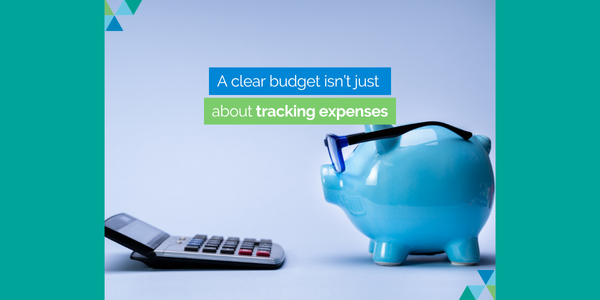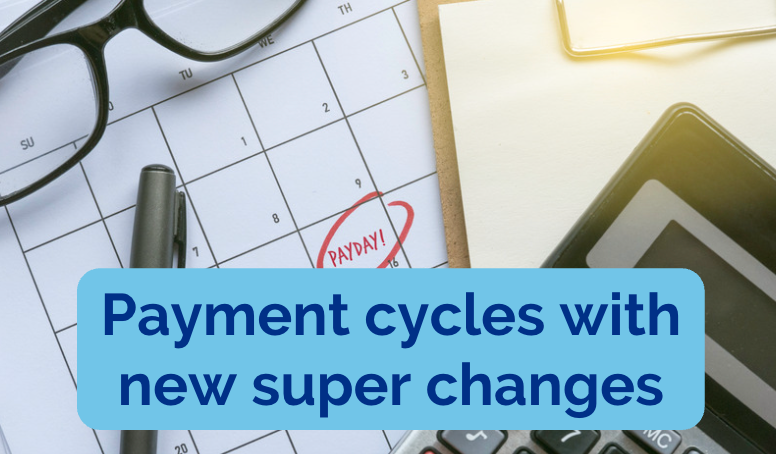How to avoid Director Penalty Notices

One of the responsibilities of being a Director of a company is that your organisation meets its corporate governance obligations such as paying the correct amount of tax (namely GST and Pay As You Go (PAYG) withholding) and Superannuation Guarantee Contributions (SCGs) on time.
If you fail to meet your obligations, then the ATO could issue you a Director Penalty Notice and hold you personally liable for the unpaid amount.
There are two types of Director Penalty Notices. The first acts as a warning and allows the Director 21 days (from the date the notice is posted) to either pay the debt, or at worst, take steps to wind up the company in order to avoid liability. Alternatively, a Director may also make an arrangement for a payment plan with the ATO. It is important to note that this payment plan will no longer avoid personal liability for the debt, however the ATO are unlikely to pursue you if the payment plan is being complied with.
The second type of Director Penalty Notice is not as forgiving and is called a Lockdown Penalty Notice. A Director may be issued with a lockdown penalty notice if they have unpaid SGC or PAYG amounts and fail to lodge their company returns within three months. This notice is effective as soon as it is served to the Director and the Director must pay the debt in full. The debt cannot be avoided by placing the company into liquidation or voluntary administration.
Any current Director of a company can receive a Director Penalty Notice. In addition, a Director that has resigned may also receive a notice if they are deemed liable for unpaid PAYG or SGC amounts before they resigned.
During COVID, the ATO put a hold on chasing most overdue tax to cut businesses some slack during this challenging period. However, this gratuity is well and truly over now and the ATO is now once again issuing Director Penalty Notices.
How you can avoid a Director Penalty Notice
Use technology and automations to set up payment plans.
Prepare financial forecasts to understand how much PAYG, GST and SG’s you will owe each quarter. Set up a separate bank specifically for tax and superannuation savings and transfer the correct percentage of funds to cover your obligations each week. By collecting these funds (and not touching them for anything other than Tax and Super), you’ll easily have enough money to meet your tax and super obligations each quarter.
Ensure the companies BAS is lodged and paid on time.
Ensure that all of your bookkeeping is up to date and reconciled in time for each quarter end (31 March, 30 June, 30 September and 31 December).
Ensure SGC’s are paid by the 28 of January, April, July and October.
If you are using an accounting software such as Xero, it’s a very easy process to calculate the amount of SG owed and submit the payment. Be sure though to allow for at least ten days for the superannuation house to clear the funds.
If you are an incoming Director, do your due diligence.
Incoming Directors are urged to perform their due diligence on companies before joining to ensure that they are not issued with. Directors Penalty Notice. If an incoming Director has been in office for more than 30 days, they can also be issued.
…….
Wrights Chartered Accountants Auditors utilise the latest technical software which benefits our clients as it allows us to deliver a cost-effective, risk-based, paperless audit and ensuring that our team have the latest and most up to date knowledge of the International Accounting Standards, Australian Accounting Standards and the Australian Auditing Standards.
If you would like more information about our internal and external audit services, please contact us on 02 6566 2200.
Important notice:
This article provides information rather than financial advice. The content of this article, including any information contained in it, has been prepared without taking into account your objectives, financial situation or needs. You should consider the appropriateness of the information, taking these matters into account, before you act on any information.










